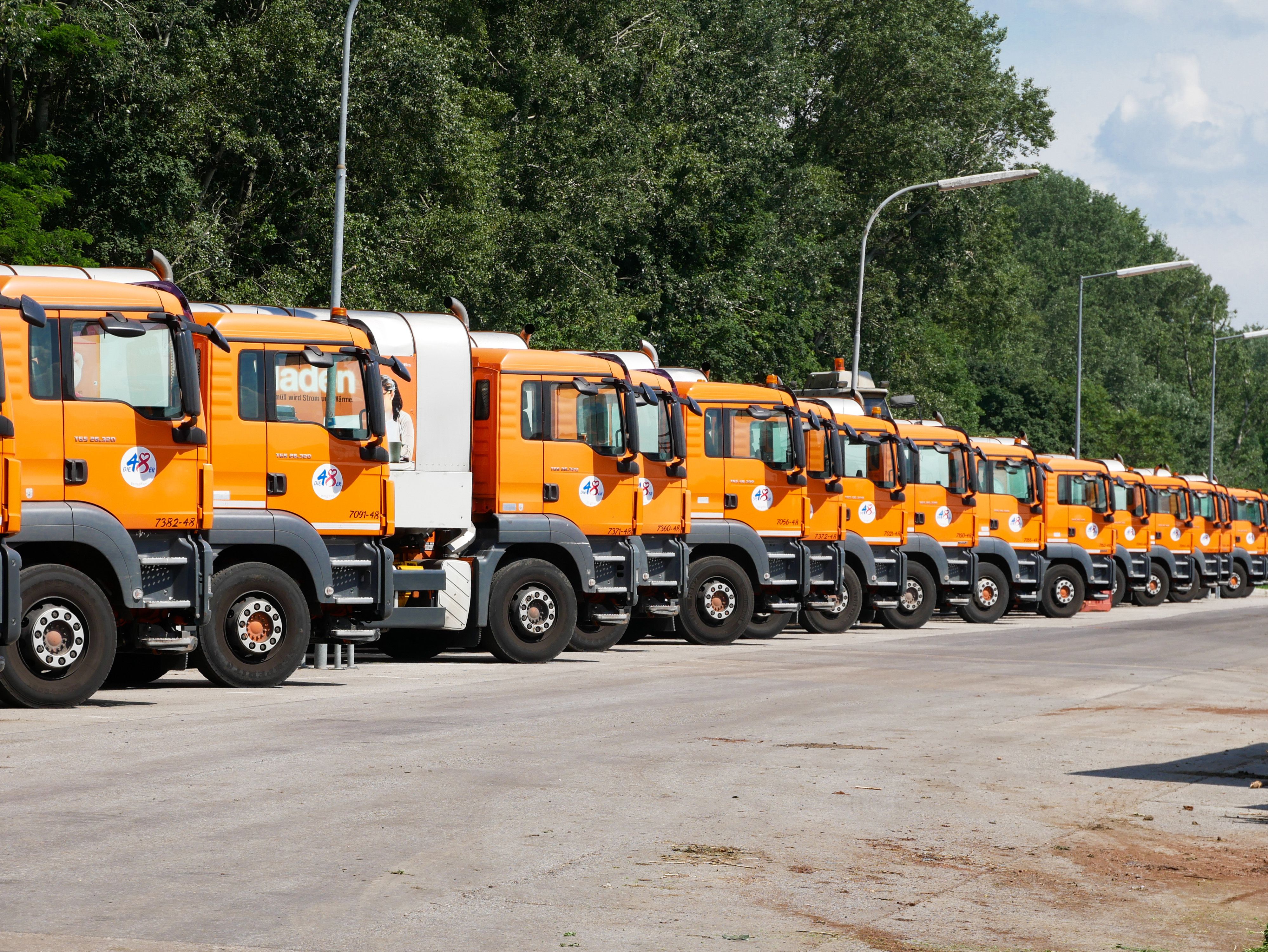The Role of Big Data
The Role of Big Data and IoT in Supply Chain Management: Revolutionizing Sanitation and Trash Industries in the United States

The rapid growth of technology has led to the emergence of big data and the Internet of Things (IoT) as significant game-changers in various industries. These technologies have become especially crucial in supply chain management, where real-time information on inventory levels, shipment status, and other key performance indicators can significantly optimize logistics operations. By leveraging big data and IoT, companies can now make data-driven decisions to improve efficiency, reduce costs, and enhance customer satisfaction. This article will discuss the impact of big data and IoT on supply chain management, with a focus on the sanitation and trash industries in the United States.
Big Data and IoT in Supply Chain Management
Big data refers to the massive volume of structured and unstructured data generated from various sources, such as social media, sensors, and transactional data. IoT, on the other hand, is a network of interconnected devices that can collect, store, and transmit data without human intervention. When combined, these technologies provide real-time insights into supply chain operations, enabling companies to make informed decisions and optimize their processes.
1. Improved Inventory Management
One of the primary benefits of big data and IoT in supply chain management is improved inventory management. By collecting and analyzing data from various sources, companies can accurately predict demand and optimize their inventory levels to avoid stockouts or overstocking. This is particularly important in the sanitation and trash industries, where timely disposal of waste is critical to maintaining public health and safety. By leveraging big data and IoT, these companies can ensure that their fleets are adequately stocked with the necessary equipment and resources to meet the needs of their customers.
2. Enhanced Shipment Tracking and Visibility
Another advantage of big data and IoT in supply chain management is enhanced shipment tracking and visibility. IoT-enabled devices, such as GPS trackers and sensors, can provide real-time information on the location and condition of shipments, allowing companies to monitor their progress and make adjustments as needed. In the sanitation and trash industries, this can help companies better plan their routes and schedules, ensuring that waste is collected and disposed of in the most efficient manner possible.
3. Predictive Maintenance and Reduced Downtime
Big data and IoT can also help companies in the sanitation and trash industries reduce downtime and improve equipment maintenance. IoT sensors can monitor the performance of vehicles and equipment, alerting companies to potential issues before they become critical. This allows for proactive maintenance, reducing the likelihood of unexpected breakdowns and the associated costs. Additionally, big data analytics can identify patterns and trends in equipment performance, enabling companies to optimize their maintenance schedules and extend the life of their assets.
4. Enhanced Customer Service
By providing real-time information on inventory levels, shipment status, and other key performance indicators, big data and IoT can help companies in the sanitation and trash industries enhance their customer service. This can lead to increased customer satisfaction and loyalty, as well as improved reputation and market share. For example, companies can use data to predict when a customer's trash bin will be full, allowing them to schedule pickups more accurately and avoid missed collections.
5. Increased Sustainability and Environmental Compliance
Finally, big data and IoT can help companies in the sanitation and trash industries improve their sustainability and environmental compliance. By monitoring waste levels and optimizing collection routes, companies can reduce fuel consumption and greenhouse gas emissions. Additionally, big data analytics can help companies identify trends in waste generation and recycling, enabling them to develop targeted programs and initiatives to reduce waste and increase recycling rates.
Conclusion
The role of big data and IoT in supply chain management is revolutionizing the way companies operate, particularly in the sanitation and trash industries. By providing real-time information on inventory levels, shipment status, and other key performance indicators, these technologies are enabling companies to optimize their logistics operations, improve customer service, and enhance their environmental sustainability. As big data and IoT continue to evolve, their impact on supply chain management and the sanitation and trash industries will only grow, leading to increased efficiency, cost savings, and improved public health and safety.